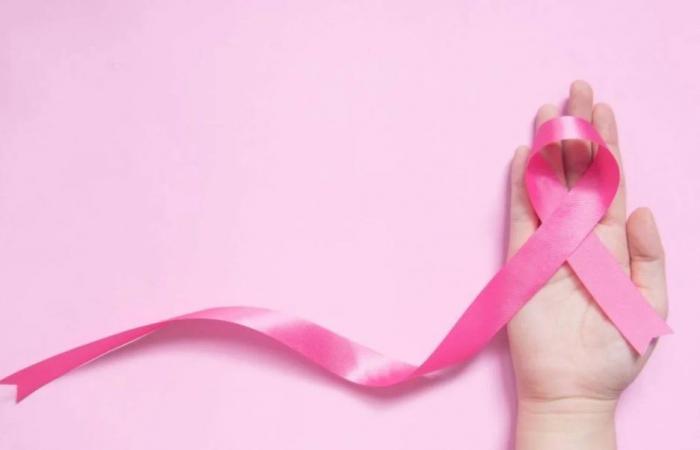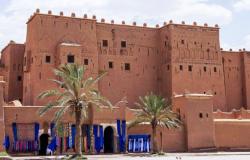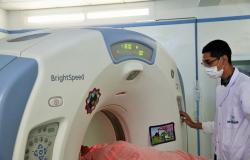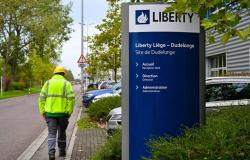Dr Fayçal Ahmed Namly : The “Let’s talk about breast cancer together” event is part of the dynamic of the “Pink October” campaign, a global initiative aimed at raising awareness of the risks and the importance of early detection of breast cancer. This round table, organized jointly by the Ministry of Health and Social Protection and Pfizer, embodies a proactive approach to mobilize Moroccan public opinion and, in particular, women around this major health issue which continues to be the major cause of death from cancer in Morocco and around the world.
The main objective of this meeting was to involve the Moroccan media as major players in efforts to inform and raise awareness among the population about breast cancer by sharing with them simplified scientific information addressing the medical aspects of this disease as well as existing diagnostic and therapeutic approaches. The importance of the initiative lies in its ability to generate collective awareness of the importance of systematic screening and early diagnosis of breast cancer as key elements to increase the chances of recovery and improve the quality of life of patients. .
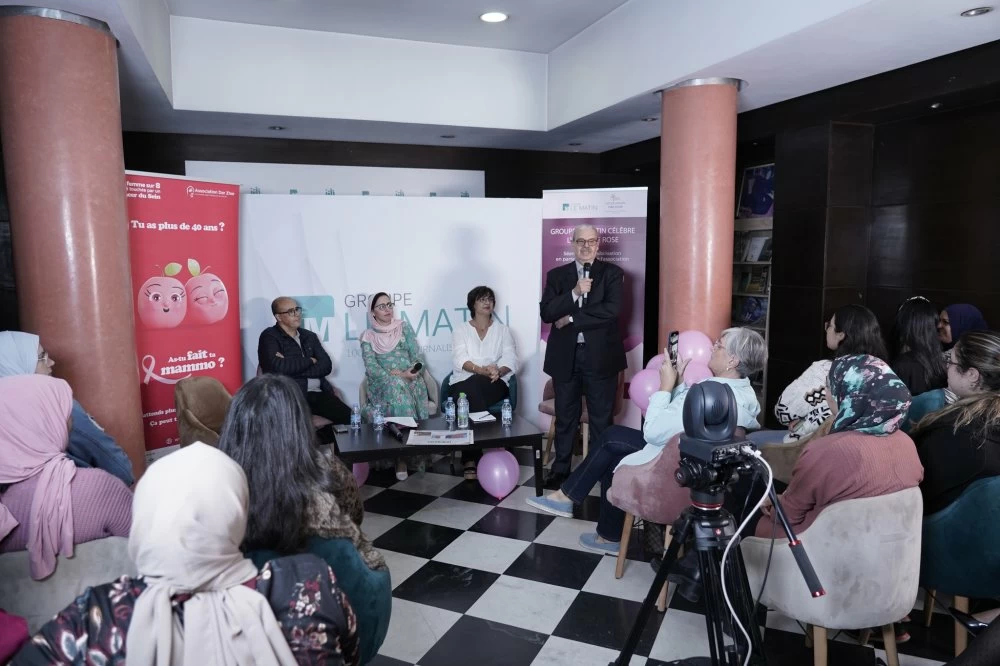
What were the main messages you wanted to convey, and why target the media specifically?
First of all, we wanted to encourage women to take charge of their health and to be proactive in the face of breast cancer, emphasizing the importance of early detection. It is important to know that breast cancer is the most common form of cancer among women in Morocco, representing approximately 23% of all cancer cases and causing the death of 3,000 women each year. Every woman who gets screened regularly significantly increases her chances of fighting the disease.
We also wanted to convey a message of hope to all women suffering from this disease by highlighting the significant progress made in Morocco in the treatment of this pathology.
Today, our country has state-of-the-art infrastructure and treatments that make it possible to diagnose breast cancer earlier, treat it more effectively, and even cure it. This is the result of the involvement of all stakeholders, first and foremost the Ministry of Health and Social Protection, as well as the contribution of medical experts, Moroccan learned societies, patient support associations and various civil society initiatives. We have of course illustrated this progress while recalling the persistent challenges, in particular with regard to accessibility to care.
The last message was specifically aimed at the media, emphasizing the crucial role they must play in informing and raising awareness of health education among the general public.
By involving them directly through this round table, we wanted to place them at the heart of our initiative and encourage them to relay widely and quickly the messages of prevention, information, and support intended for Moroccan women. This choice aims to maximize the impact on the entire Moroccan territory, by affecting all social and cultural categories, and to remove the taboos and stigmas still associated with this disease.
How do you see the evolution of breast cancer awareness in Morocco in recent years?
Breast cancer awareness in Morocco has seen notable developments, driven by concerted actions by all health stakeholders in the Kingdom, led by the Ministry of Health and Social Welfare. As highlighted by Dr. Loubna Abousselham, head of the Department of Cancer Prevention and Control within the DELM (Directorate of Epidemiology and Disease Control, Editor’s note), during the round table, Structured programs such as the National Cancer Prevention and Control Plans have been put in place to raise awareness and encourage early detection. Its key message, “Early detection is synonymous with safety and serenity”, perfectly illustrates this proactive approach which places prevention at the heart of the fight against cancer.
Patient support associations play a central role in this dynamic. They actively raise public awareness and support patients throughout their care journey. This associative mobilization not only helps to reach a wider audience, but also to break certain taboos still present around the disease, thus encouraging more open and more serene care.
Furthermore, events like this media round table made it possible to amplify prevention messages by disseminating them widely among the population. Through open discussions with experts and interactive question-and-answer sessions, active media participation promotes a better understanding of breast cancer issues and encourages public dialogue on the importance of early detection. This helps raise awareness among a wide public and anchor early detection in health habits, thus offering every woman in Morocco the means to better protect themselves.
According to your experience, what are the main challenges encountered in the early detection and treatment of breast cancer in Morocco?
I think that the main challenge is to remove taboos and prejudices, which represent, in my opinion, the main obstacle preventing many women from getting tested for fear of social stigma and the gaze of others. This involves both the dissemination of information in a simplified, clear and concise manner, but also the transmission of a real message of hope: “Today, breast cancer is treatable and can be cured, even more so if it is detected early.
The second challenge consists of removing all possible obstacles for women suffering from breast cancer, whether in terms of screening, diagnosis, but also and above all in terms of access to treatment, particularly innovative therapies.
What are the latest advances in the field of oncology, particularly at Pfizer, which can improve the care pathway for patients?
At Pfizer, we believe that each case of breast cancer is as unique as the person diagnosed, and that it is therefore essential to adopt an individualized approach adapted to each person in order to offer everyone an equal chance of cure.
This approach must integrate scientific innovation in diagnosis and treatment. Today, we are entering a new era in oncology, called precision medicine, which consists of carrying out detailed and exhaustive genetic and molecular mapping of the type of breast cancer in order to offer patients not only treatment sequences, but an integrated care pathway, aiming to obtain the most ambitious results and the best possible quality of life.
We also believe it is essential to evolve our mission as a pharmaceutical company, beyond the traditional role of discovering and making innovative therapies available to doctors and patients. Our ambition is to support patients throughout their care journey, from screening to recovery, by offering them value-added services adapted to their diverse needs, particularly in terms of information, awareness, health education, support and support, as well as through programs to assist with access to the most advanced and innovative therapies. As such, we have set up several support programs in Morocco specifically dedicated to cancer patients.
Pfizer is firmly committed to the fight against breast cancer, with more than two decades of intensive research and therapeutic innovation. Our approach is focused on the personalization of treatments, adapting therapies to the biological and genetic specificities of each patient. This approach is the result of advanced scientific research, aimed at better understanding the functioning of cancers at the biological and molecular scale, as well as the mechanisms of their escape. It also results from multiple collaborations with research centers, universities and health institutions, with the aim of developing targeted therapies that act more effectively on tumor cells while preserving healthy tissues.
To conclude, what advice would you give to Moroccan women and health professionals regarding breast cancer screening and prevention?
Prevention and early diagnosis are essential and must be everyone’s priority. Every woman must actively participate in breast cancer screening and regularly consult a health professional, even in the absence of clinical signs, especially in the categories and age groups most at risk. With simple prevention and early detection measures, the chances of recovery increase. The relationship of trust is crucial to encourage more women to adopt these preventive actions. It is necessary to continue to actively raise awareness of the importance of screening, while being attentive to their fears and questions.
Thanks to the concerted action of all stakeholders, under the leadership of the Ministry of Health and Social Protection, we can contribute to reducing the impacts of breast cancer in Morocco and offer patients the best chance of success in their journey. care.

